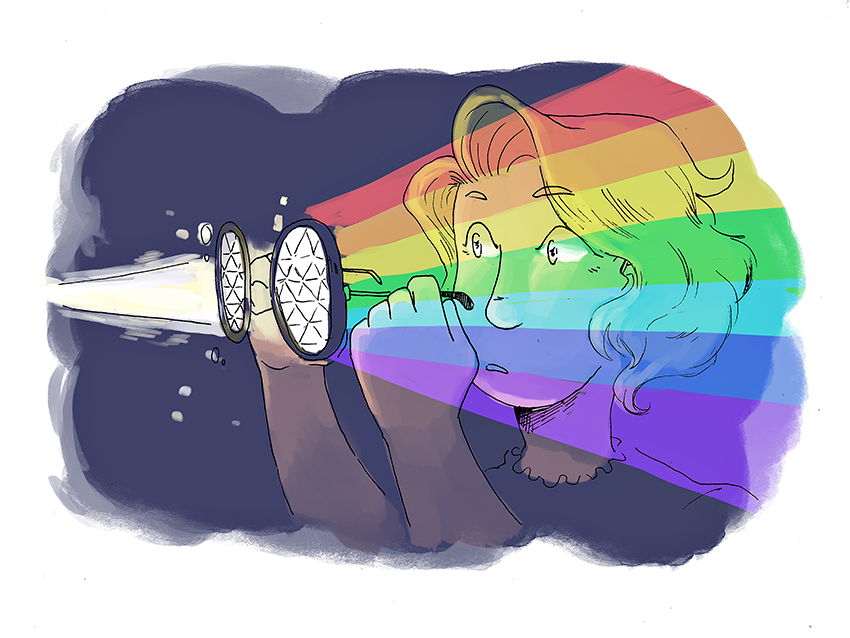It is a truism on the 40 Acres that diversity should be our common goal, that we should celebrate our differences. I am reminded of what separates us from each other whenever I step into the Gender and Sexuality Center and the Multicultural Engagement Center. Inside these safe spaces, students, the UT administration says, can learn how to be “agents of social change.”
As long as unsavory discrimination is with us, these places for marginalized communities must continue to exist. Unfortunately, social change based on our differences won’t win political fights for worthy causes, much to the frustration of myself and others who sought progressive change at the ballot box last November. Dividing ourselves by the biological particulars of our identities distracts us from what we can do together. Only in unison can we create change if we stop seeing them as racial issues and recast them as issues that affect all of us as Americans.
Consider the passage of the Affordable Care Act into law in 2010. President Barack Obama fulfilled a promise that all Americans would have access to affordable health care, that no one would be denied health insurance based on pre-existing conditions, that young students like us could stay on our parent’s health insurance until the age of 26. The nature of the law made us healthier as a nation and slowed the rise in health care costs by supporting all of those who needed health insurance: underserved minority communities, people with life-threatening conditions such as cancer, HIV/AIDS and many others.
Even those who didn’t vote for Obama benefited from the law. “I was so very wrong. You saved my life,” wrote a Republican from Wisconsin to Obama thanking him for making sure the law covered preexisting conditions. By stubbornly working toward an inclusive goal for all of us — not just those of special interest groups — Obama not only saved lives, but also did the impossible in these partisan times: earn the praise of his critics.
That focus on the common good is missing in so many fights for progressive causes, such as criminal justice reform. This issue is primarily viewed as an issue for African-Americans — images of Black Lives Matter protests dominate our social media feeds whenever a member of their community is shot by a police officer. But to see it as a “black issue” ignores poor people from diverse backgrounds who are jailed because they can’t afford to pay minor traffic tickets. On an even broader scale, every taxpayer’s dollars are wasted to the tune of $80 billion a year to lock two million people behind bars. Much of that money could instead be spent on education, social services, even NASA — anything beside prisons. To galvanize action on this issue and many others, activists should join forces across different communities and recast reform as an issue everyone can get behind, not just certain groups.
We all come from different backgrounds, but we stand together as Longhorns, as citizens in this great, participatory democracy. Progressive reform cannot continue to just be a minority cause — it must be our cause, our fight for the greater good. Let’s not only celebrate our differences, but also what we hold in common.
Wong is a Plan II and government junior from McKinney. He is an associate editor. Follow him on Twitter @caleber96.





















